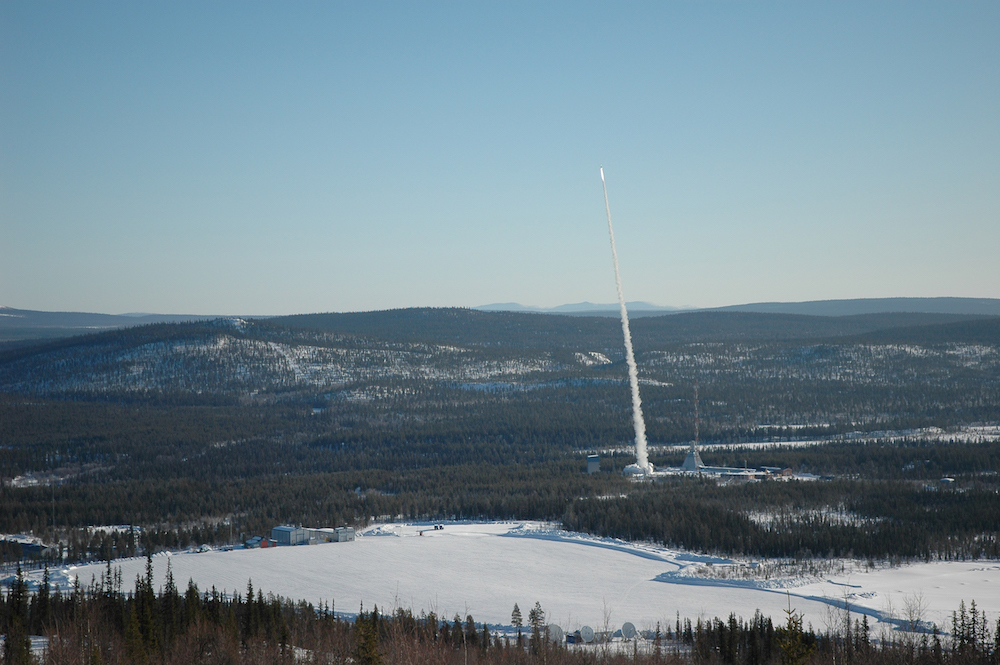Space can be an ‘Arctic enabler,’ incoming EU leaders are told
New guidelines to the European Commission make case for including emphasis on space technology in Arctic policy update.

The European Union should promote greater use of space technology in the Arctic in a revised policy towards the region, industry and trade ministers from member states told the union’s incoming leadership last week.
“Space can act as a true enabler in the Arctic, especially in combatting climate change and ensuring economically, socially and environmentally sustainable growth in the area,” the EU Competitiveness Council said in a statement after adopting a 17-point resolution intended to provide Brussels with guidelines for meeting the environmental and development goals it set out for itself in 2016.
The EU is expected to spend €16 billion ($17.7 billion) between 2021 and 2027 on space. The majority of that funding will go towards two systems: Copernicus, an Earth-observation program, and Galileo, a sat-nav constellation that competes with the American-run GPS system.
[Space technology: Commercial launch]
Both can be expanded to accomplish some of the union’s goals in the region, but entirely new systems — particularly when it comes to closing gaps in communications networks — will likely be needed. These, the council hopes, can grow out of union initiatives to promote development of its space industry.
While the council welcomed the involvement of non-European firms, it said any new technologies should suit the needs of local communities.
The EU’s current Arctic policy, drawn up in 2016 by the European Commission, the union’s executive arm, and its foreign service, focuses on environmental and development issues, while also calling on countries to cooperate in the region.
Since then, the Arctic has moved up the EU’s policy agenda, culminating with comments in October, by then foreign-policy chief Federica Mogherini, that it had become a priority for Brussels. That, combined with increased international interest from countries outside the region, has led to expectations that the incoming European Commission, installed last week, will review the policy.